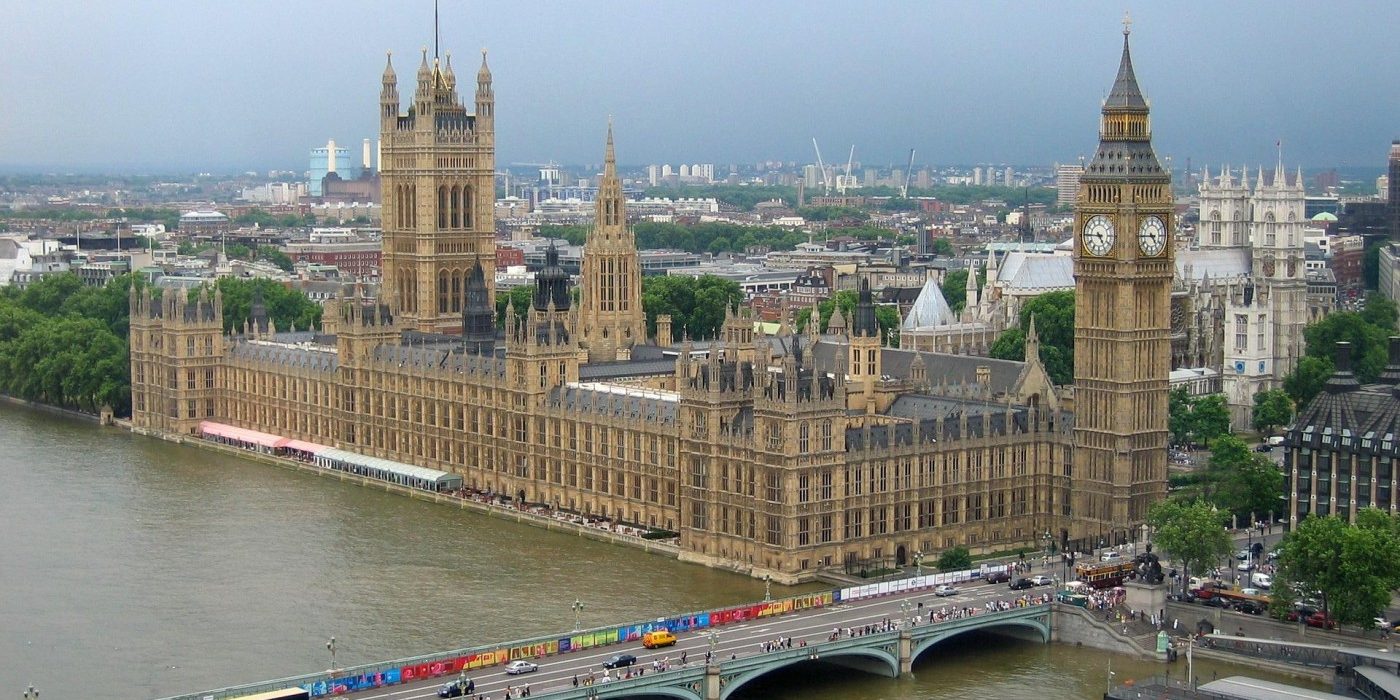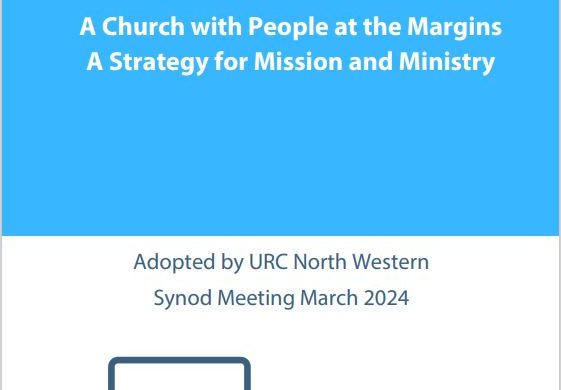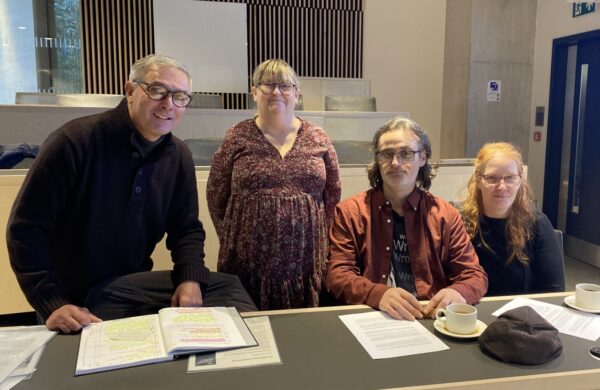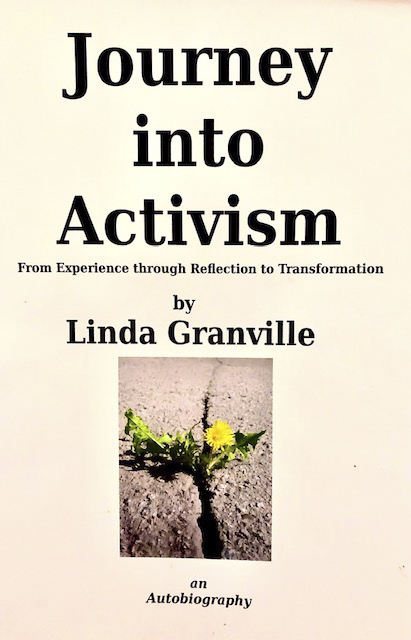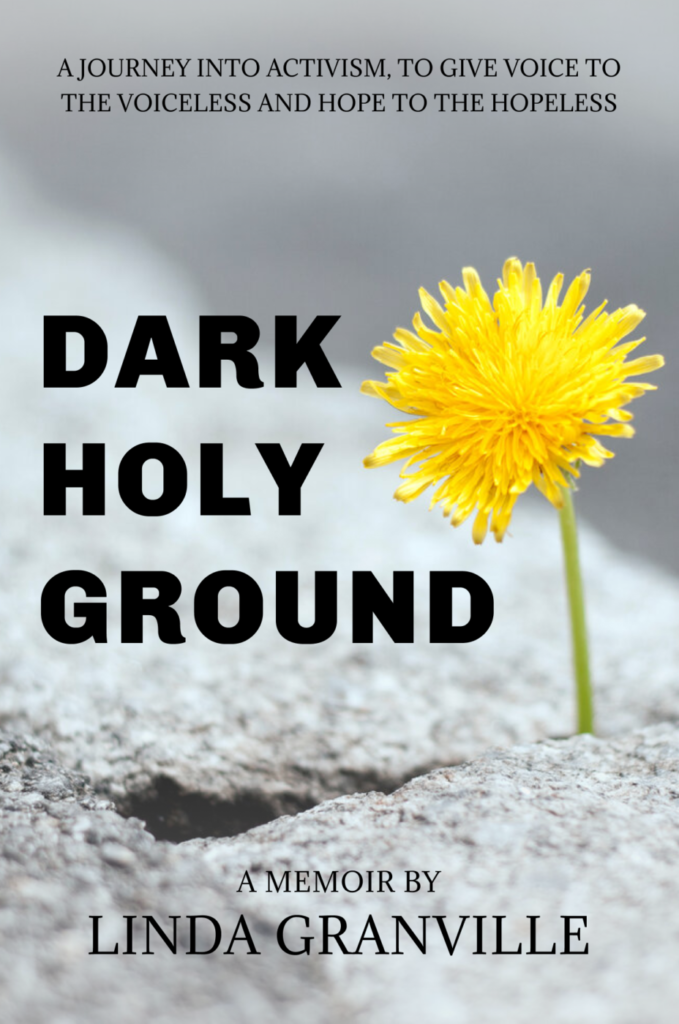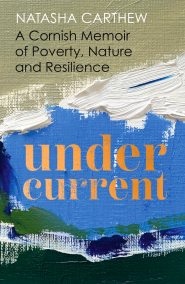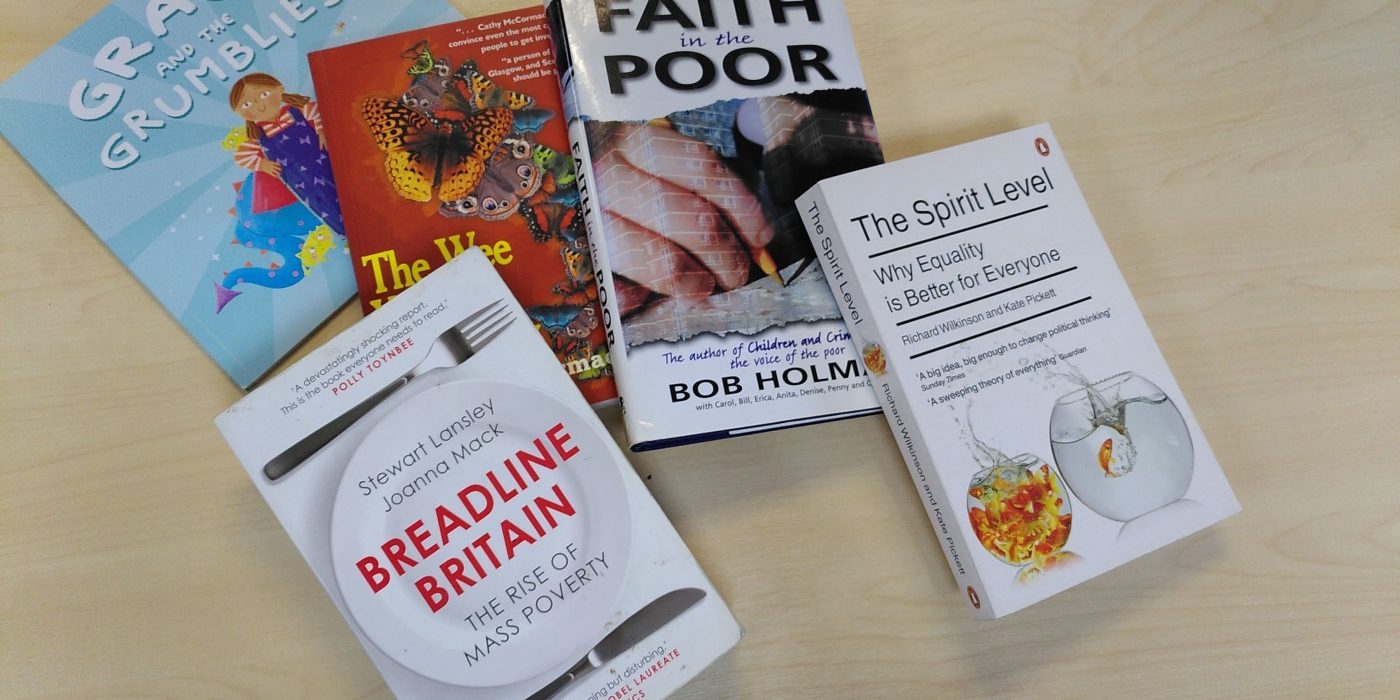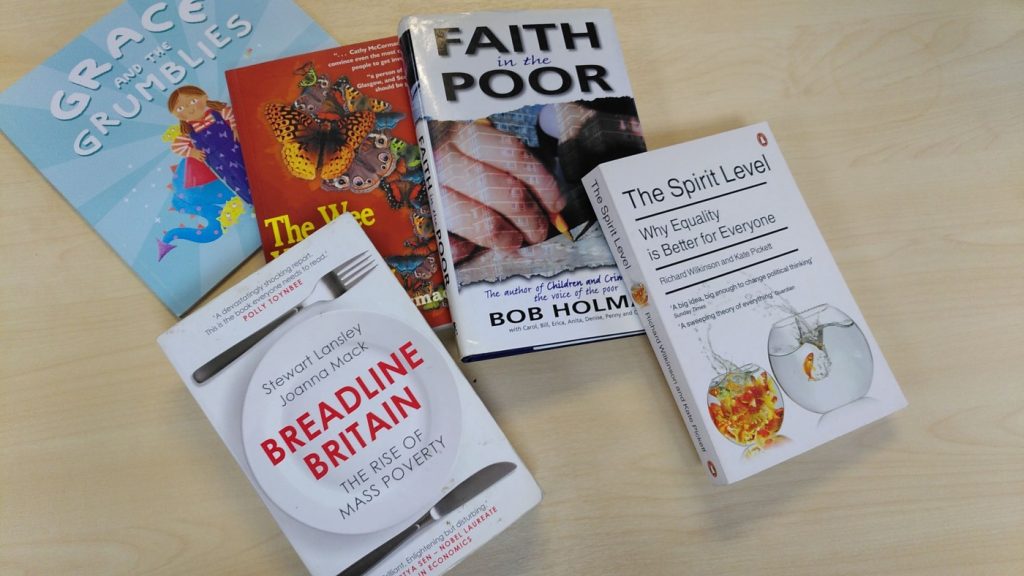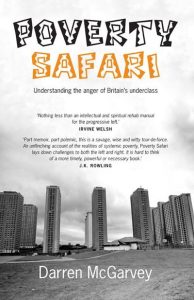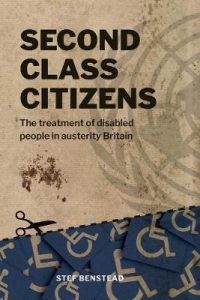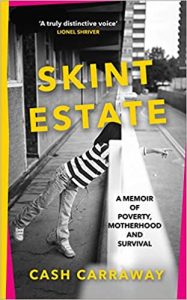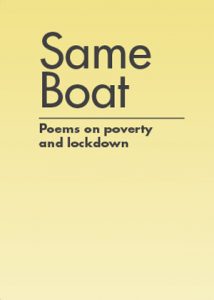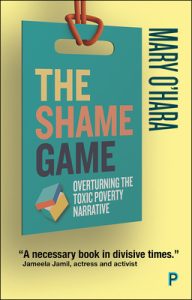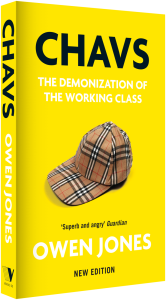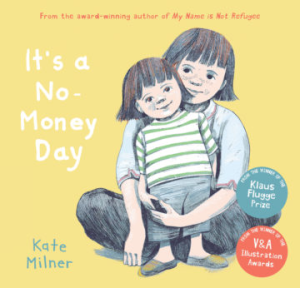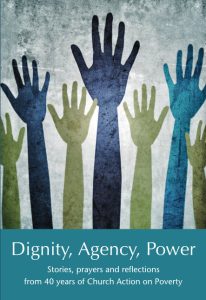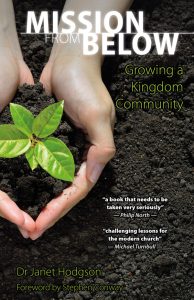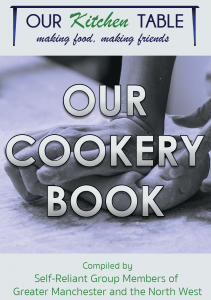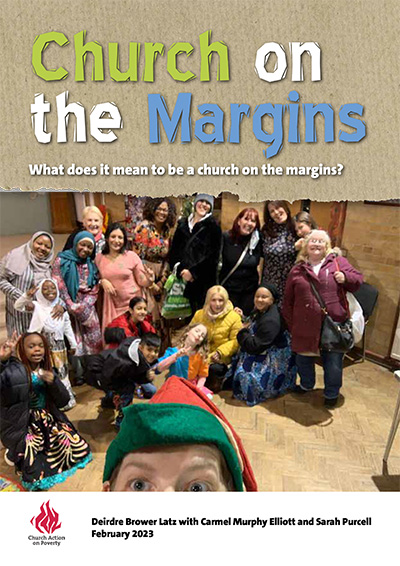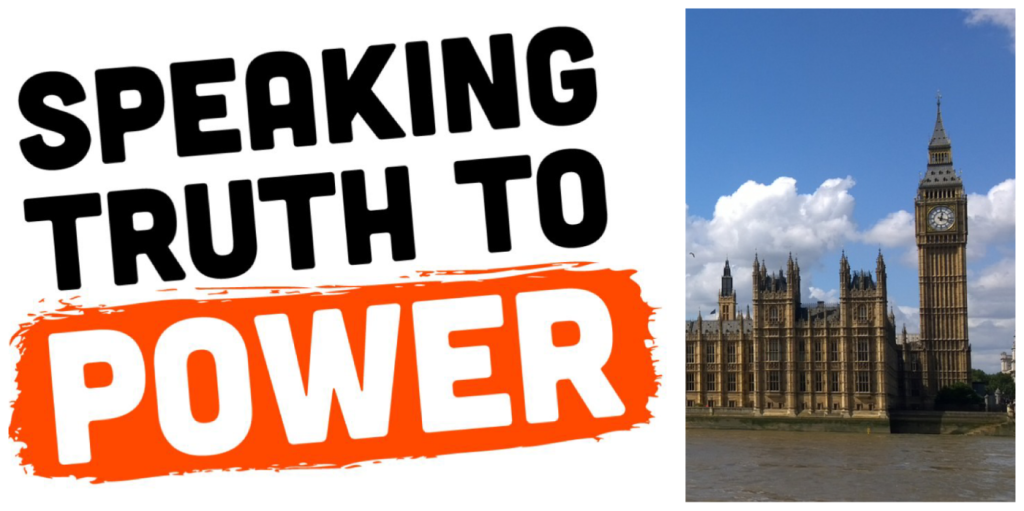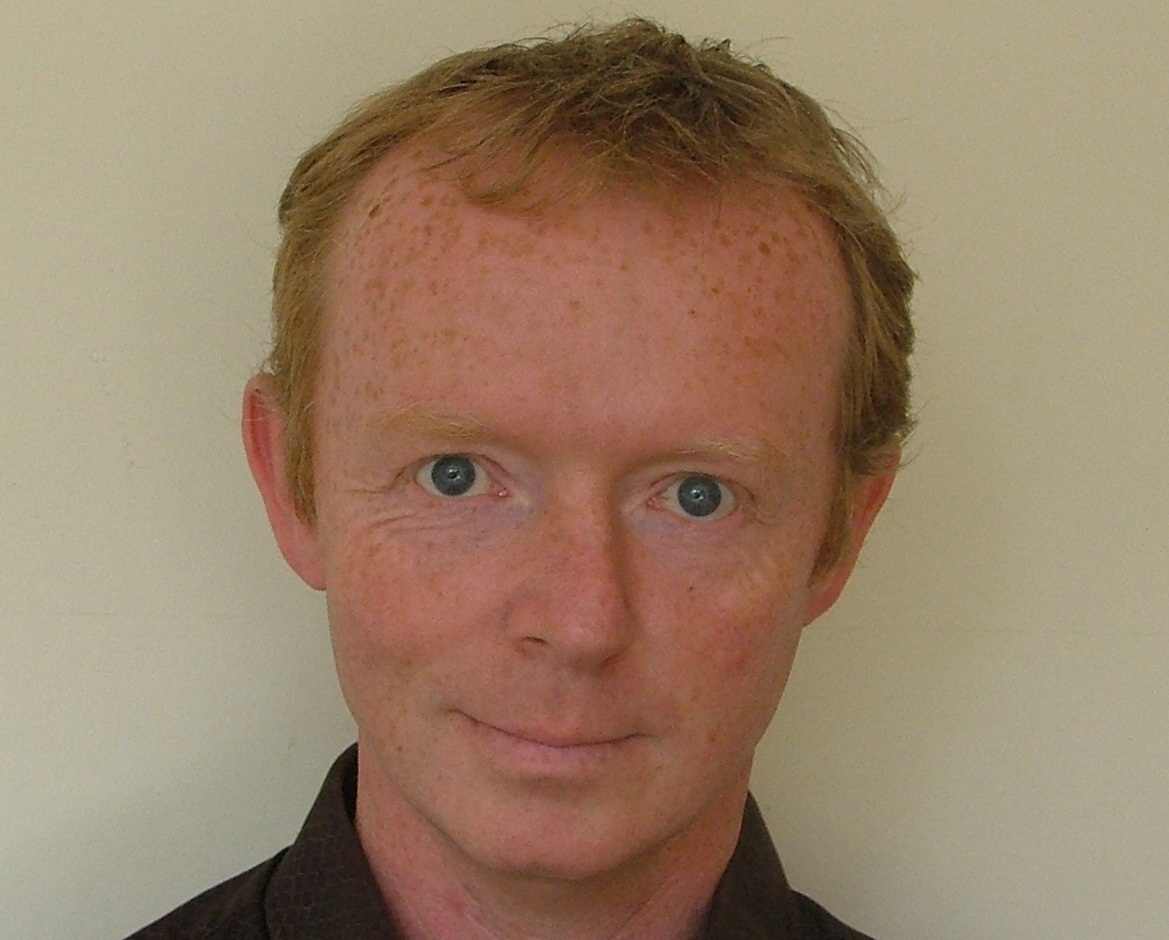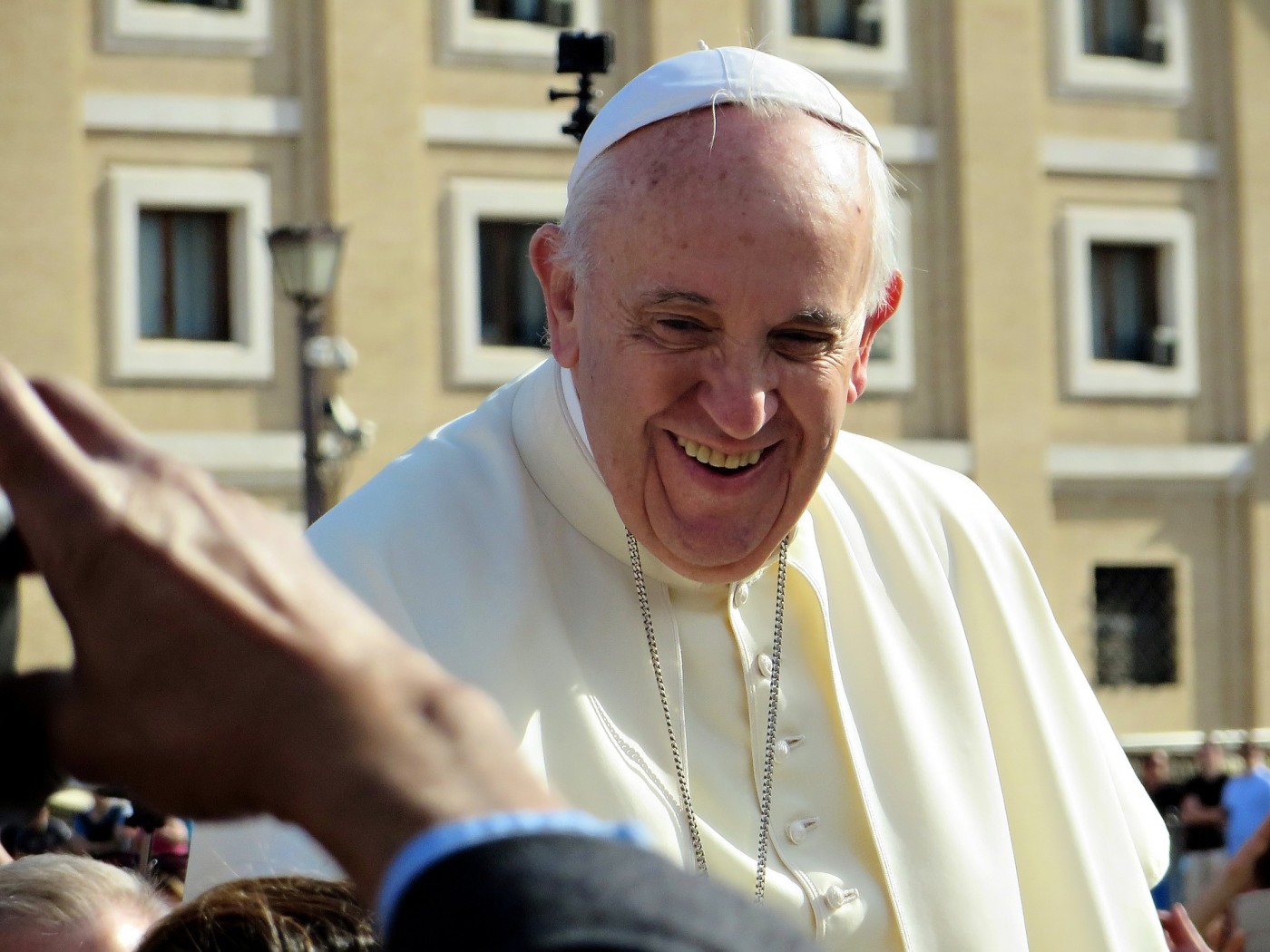This week's Budget must bridge the rich-poor gulf, and start addressing the causes of poverty, say people with direct experience of UK poverty
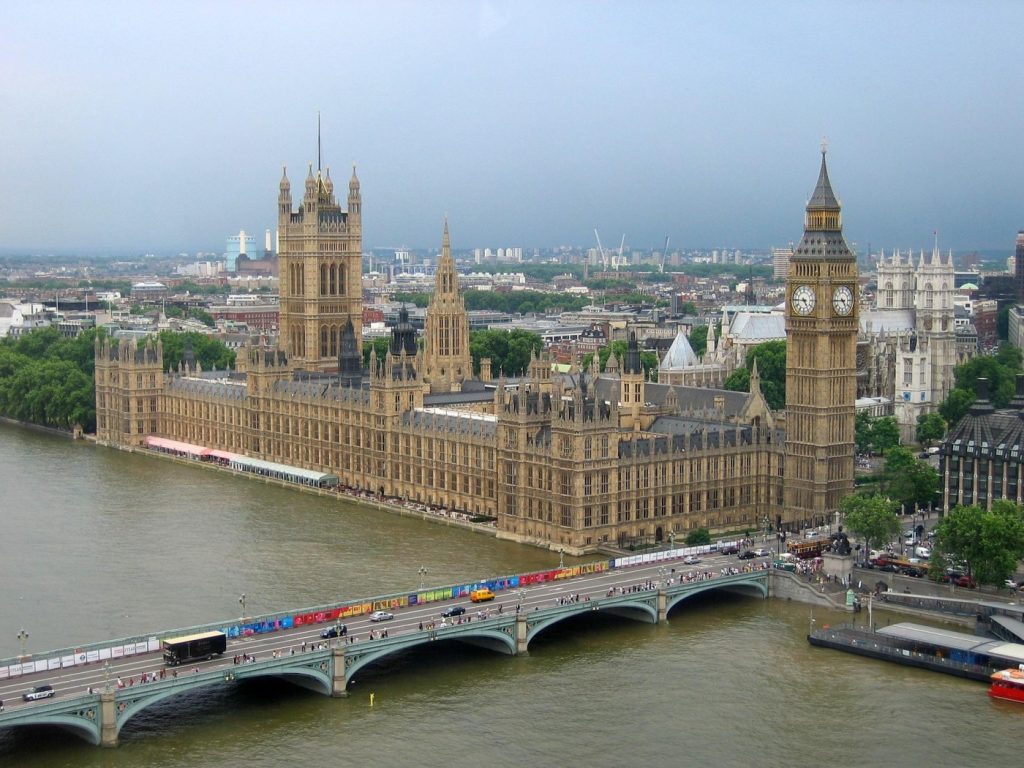
This week’s Budget statement is a precious chance to bridge the rich-poor divide and to enable opportunities instead of barriers for people on low incomes, according to a national panel of people, who all draw on their own personal experience of struggling against poverty.
The Chancellor Jeremy Hunt should seize the moment to tackle the unjust systems that hold people and communities back, to ensure that incomes keep pace with soaring living costs, and to invest in the vital public systems that we all require.
The Speaking Truth to Power national panel includes people living on low incomes who have been involved in a variety of local projects to tackle and end poverty and strengthen community around the UK.
Members met ahead of Wednesday’s spring Budget statement, to discuss what it should include, and why, and to discuss how people’s lives could be enhanced if the Government committed to tackling the root causes of poverty.

Time for concerted action
The group says:
“The post-covid roadmap was meant to be for everyone. If we have a Budget – or a General Election campaign – that neglects poverty and the causes of poverty, then the wealthiest people will accelerate away with ease, while the rest of us are left at the side of the road.
“We’re a compassionate society and we believe in justice. But we won’t get there by wishing ourselves forward – we need concerted, national action from our political leaders.”
Polling has shown that more than 60% of people think the Government should act to reduce income inequality, and an overwhelming majority see the prospect of widening inequality as problematic.
Key messages group members would like to see in the Budget included:
- Extending support on energy bills, and doing more to prevent the crisis from recurring
- Making childcare more accessible and affordable, to support low-income parents
- Creating opportunities for young people
- Removing flaws and cliff-edge thresholds in systems such as the carer’s allowance, which can punish people instead of enabling them
- Committing to serious investment in new social housing
- Increasing the living wage, to help low-income workers
Budget 2023: Wayne's view
One of the panel members is Wayne Green, from Shoreham By Sea, who has been campaigning against the structural causes of poverty for more than 25 years.
He says:
“The money that people in poverty have is not enough to live on, and people need to be able to live. As a country we have the money to end poverty. We have the expertise. We have the technology. It is now a matter of political will.
“The will is there to pump as much money as they can into other things, yet they are withholding what it takes to address poverty, while millions sink further into debt and difficulty. It’s really problematic the way the decisions are made.
“People who are not in the situation do not understand what it’s like being poor or on social security. It falls below the bare minimum people need. There’s such a social distance now between parliament and professionals and those of us who have fallen into unemployment or hard times.
“I think the Budget needs to remove things like the cap on housing benefits, and to protect people from high energy bills and address the huge profits the energy companies make. Profits should be for a noble cause, not to make rich companies richer. The Budget should also guarantee everyone an income they can live on, like a citizens’ income.”
Budget 2023: Gemma's view
Another panel member, Gemma Athanasius-Coleman, from Cornwall, said:
“Young people want change and want to influence change, and they want opportunities. The Budget should do more to create opportunities for young people.
“I don’t like divisive politics that pits people against each other – we need to give all young people the opportunities they will need, especially if they have coke from a socially-deprived background.
“The Government could do so much more for people in regards to the cost of living. They know what’s happening, they can see it – but they are not doing enough. It’s not necessarily handing out money – they need to help bring down costs in the first place, by looking at the energy companies, as well as putting more money in people’s pockets.
“Another thing the Budget should look at is childcare. We need them to do more to ensure childcare is well-funded and available and affordable for parents, like in the rest of Europe. It’s so unaffordable that it keeps people out of work, as many parents are financially better off not working, due to what childcare would cost if they worked.”
Speaking Truth To Power
The Speaking Truth to Power programme is coordinated by the charity Church Action on Poverty, and works with people on low incomes to identify causes of poverty, work on potential solutions to end poverty, and advocate for change.
The group also discussed the vital values that should drive the Budget statement. There was consensus that it should be guided by a desire to create a just society, which truly listens to and heeds people in poverty and on the margins, and which works to support people being swept into deepest difficulty.
There was a strong desire among the group for sustainable solutions that create inclusive opportunities, not barriers, and for a commitment that recognises everyone’s right to housing and affordable good food.

